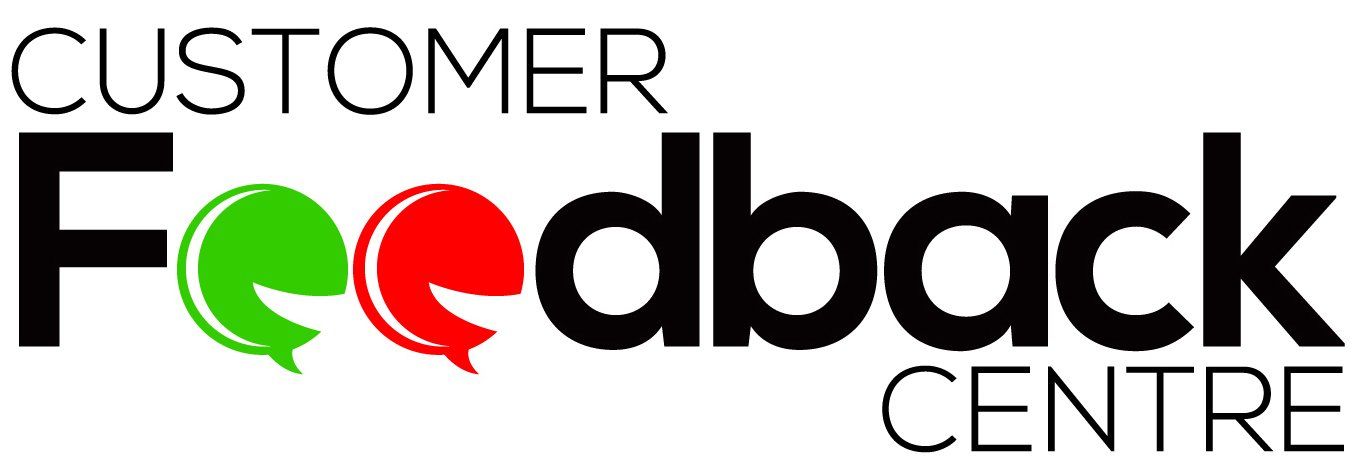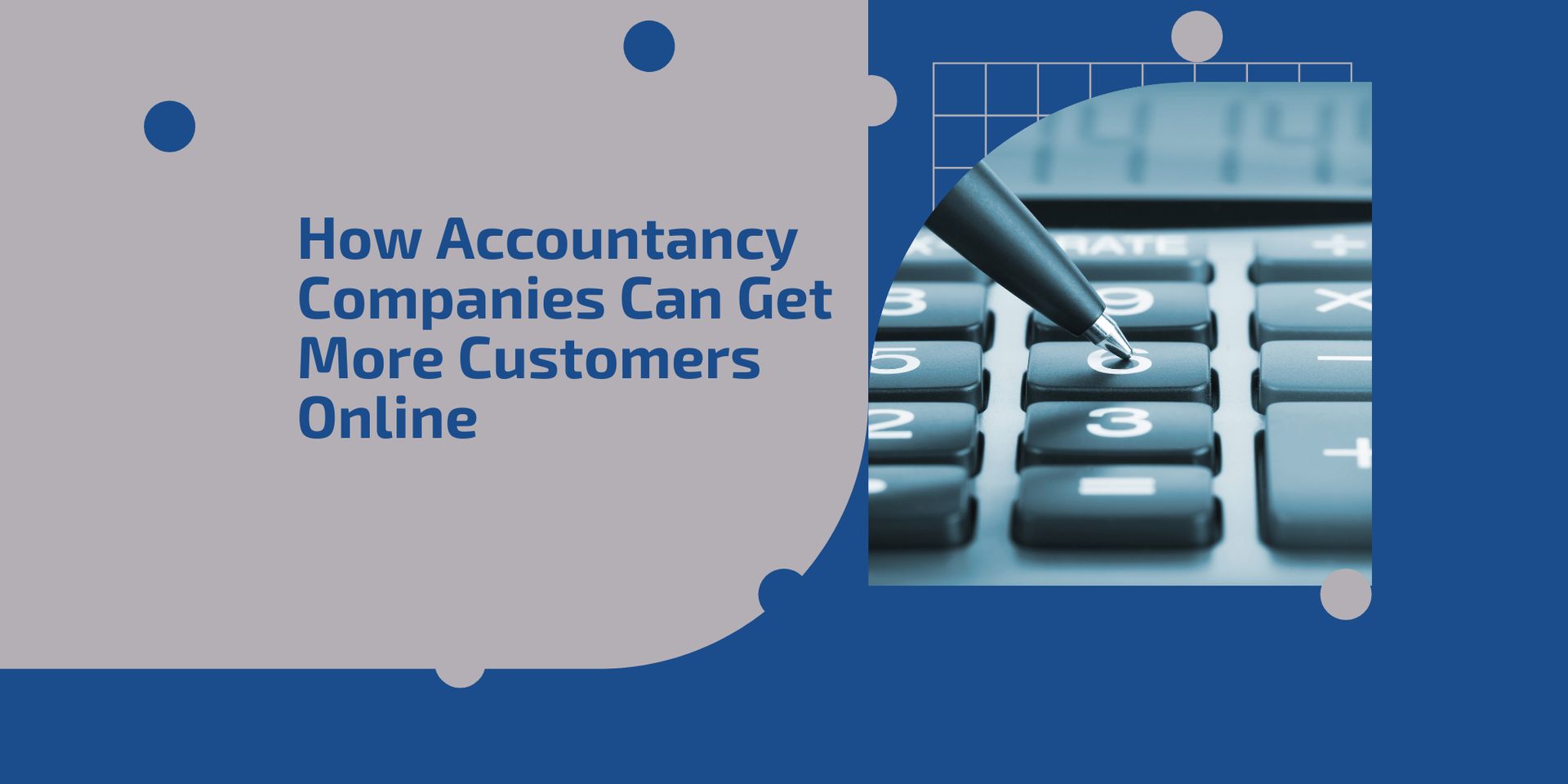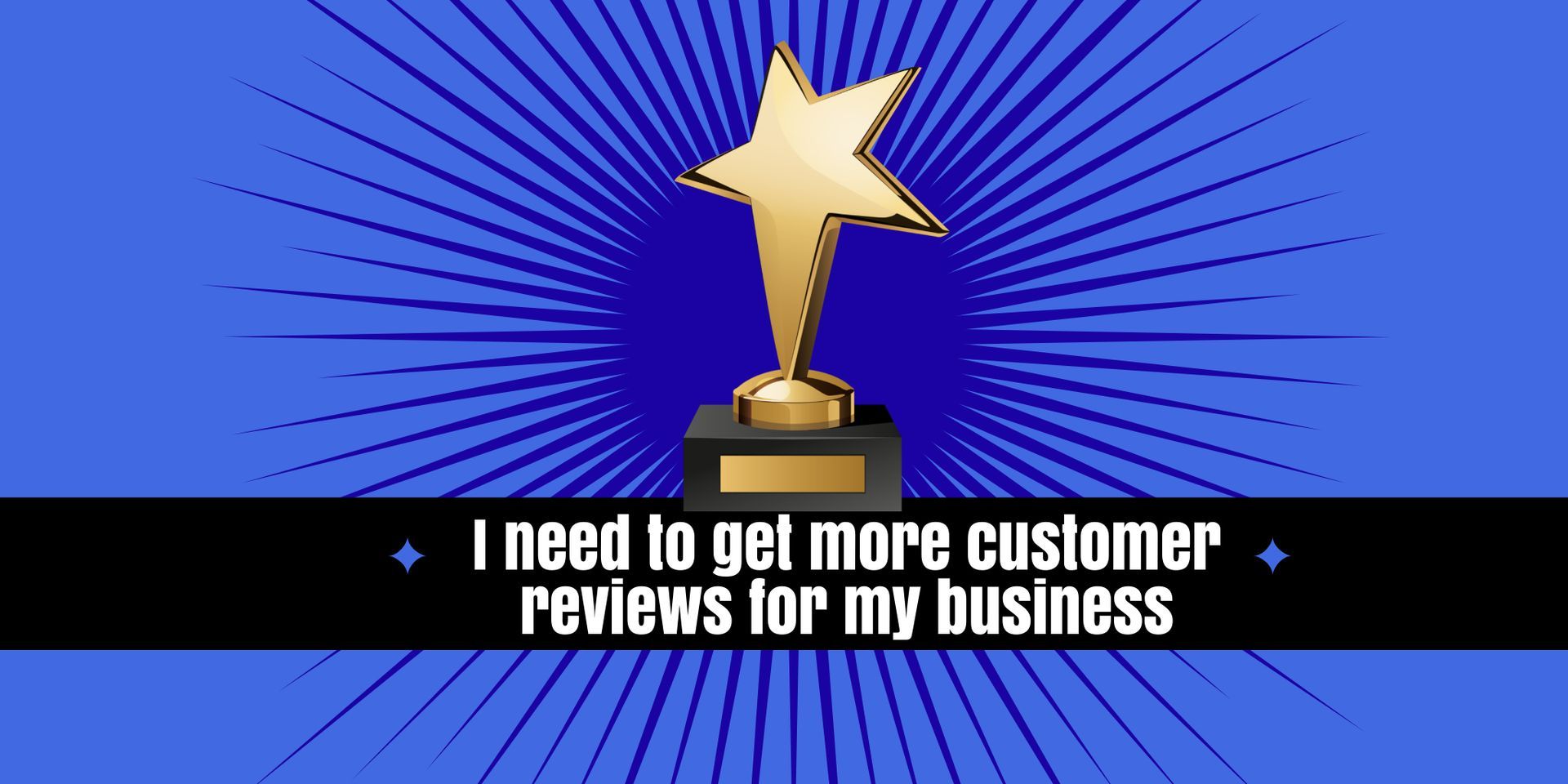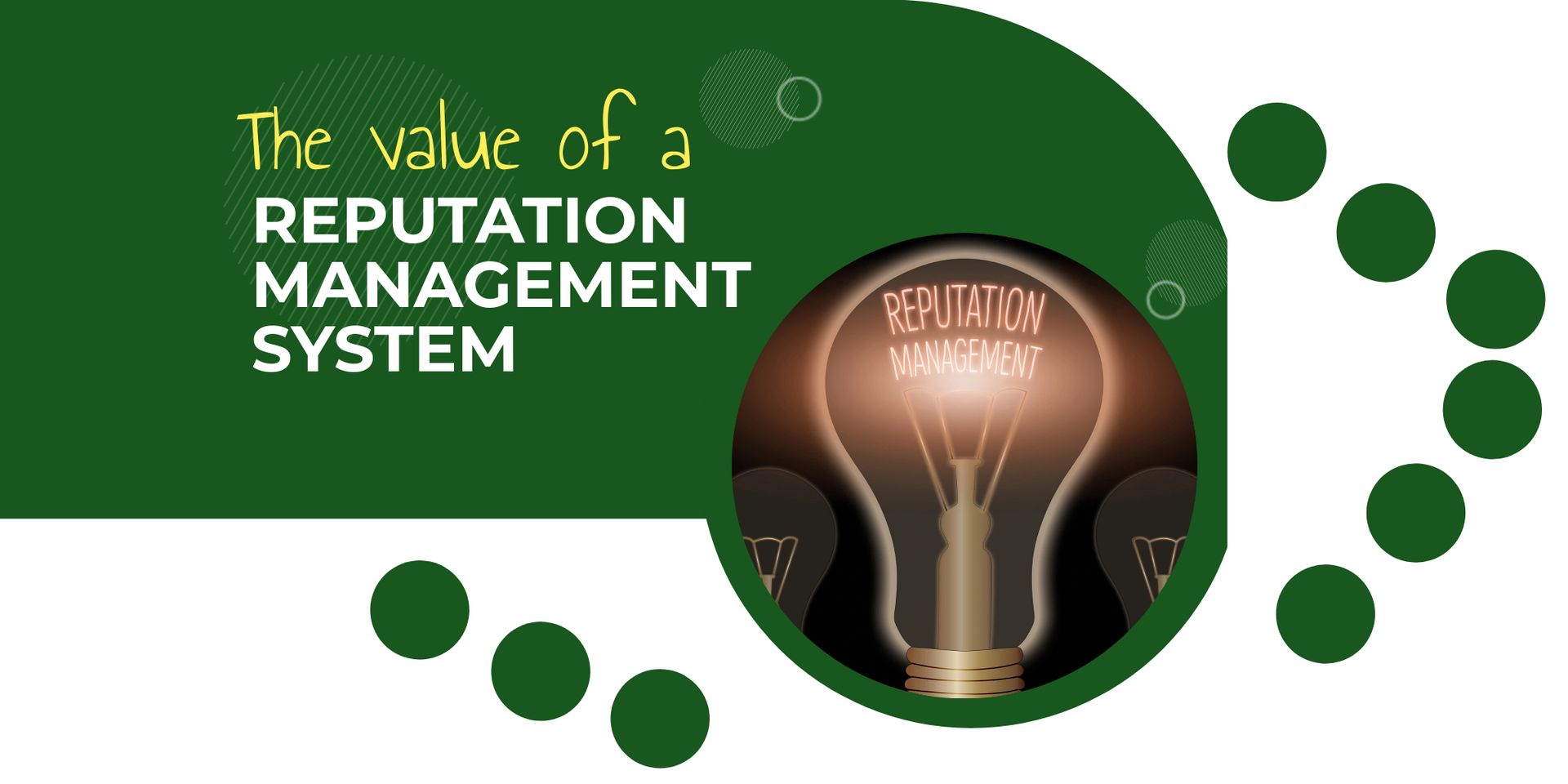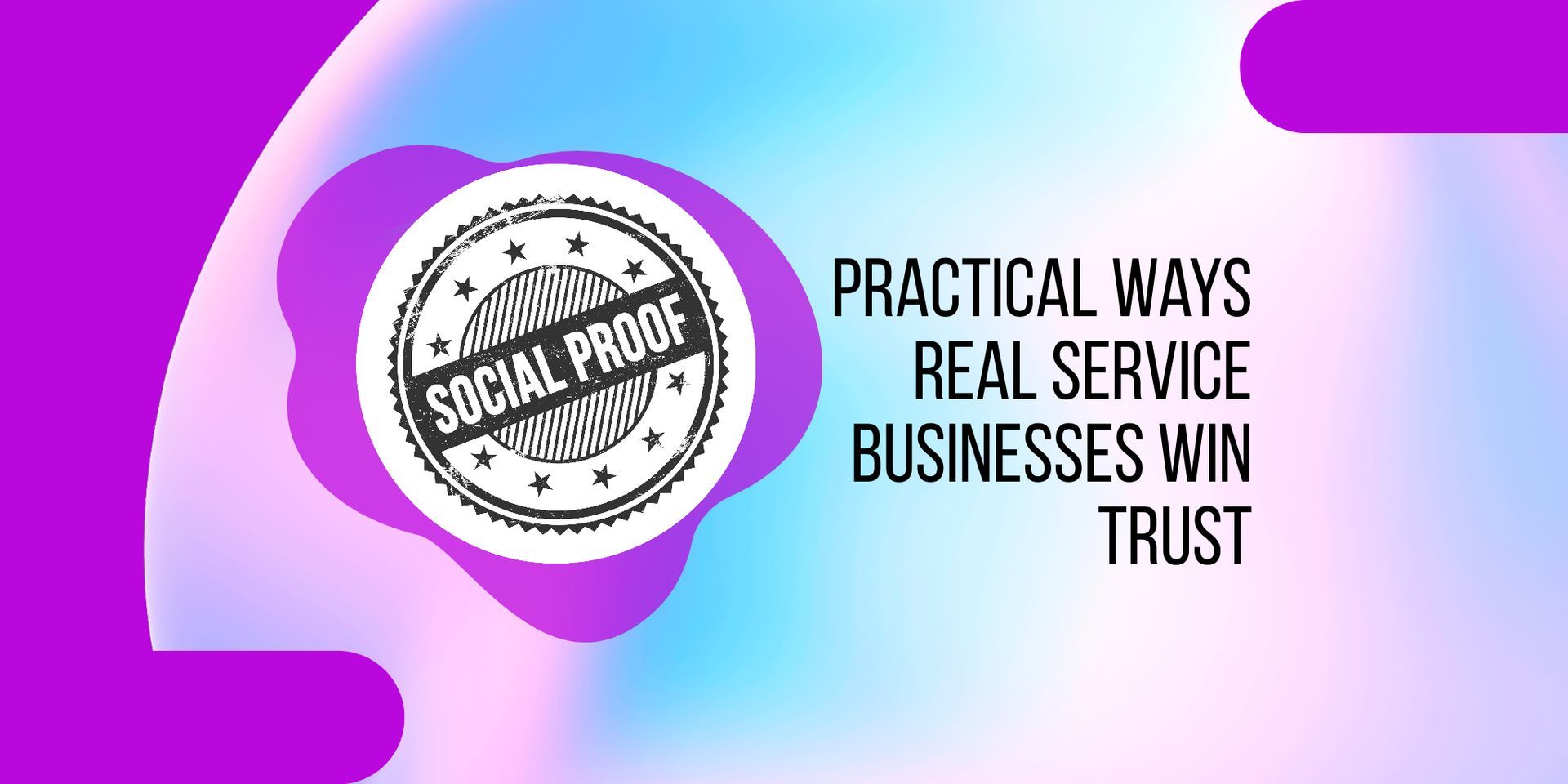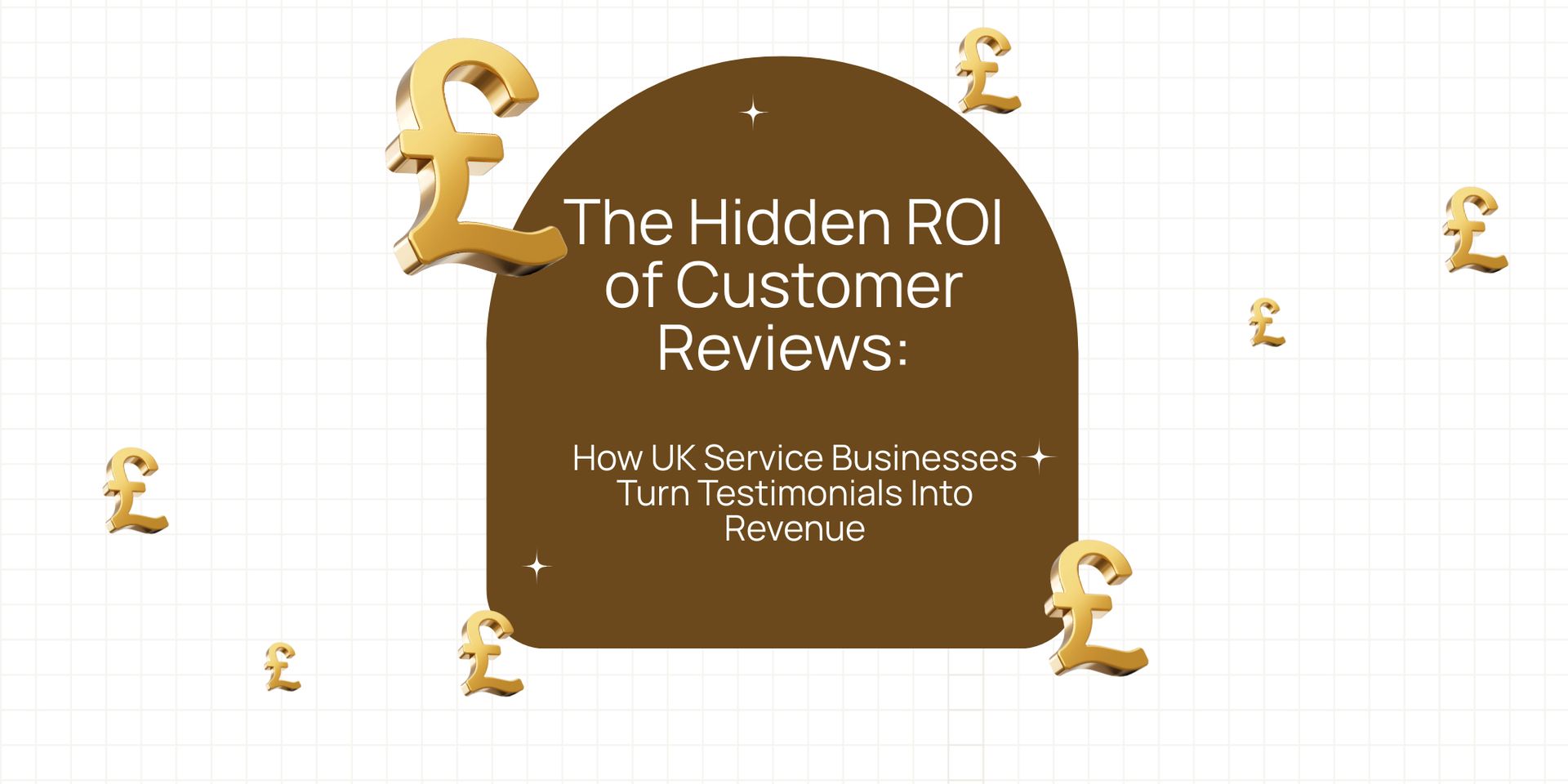How to Build An Online Reputation: What Actually Works
Online reputation: it's not rocket science, but it does require some thought
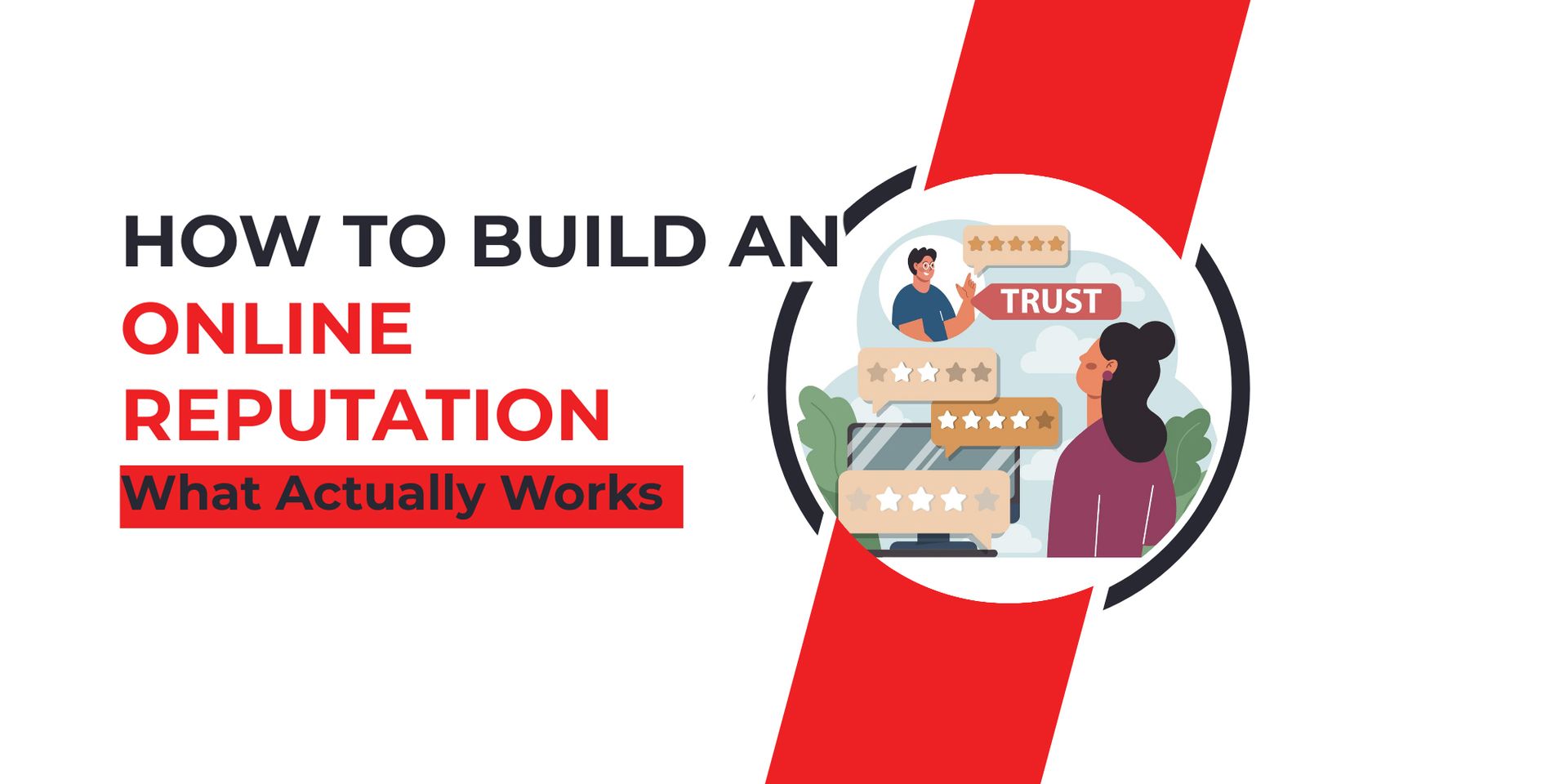
I've watched too many brilliant businesses struggle because their online presence doesn't reflect how good they really are.
You know the type - they do fantastic work, their customers love them, but when you Google them, it's either crickets or that one nightmare review from three years ago sitting right at the top.
Here's the thing about online reputation: it's not rocket science, but it does require some thought and a bit of elbow grease.
After working with hundreds of UK businesses, I've seen what works and what's just a waste of time.
🏪 Get Your House in Order First
Before you worry about anything fancy, sort out the basics. I'm talking about your Google Business Profile, your website, and whatever social media platforms make sense for your business.
I came across a home improvement company whose Google listing said he was permanently closed (he wasn't), his phone number was wrong, and his website hadn't been updated since 2019.
Yet I bet he was wondering why his phone wasn't ringing.
Don't be that guy.
Make sure everything matches up - same business name, same phone number, same address everywhere.
Google gets confused when details don't match, and a confused Google means fewer people finding you.

📱 Stop Overthinking Content
Everyone gets paralysed thinking they need to become the next social media sensation. Forget that.
Your content doesn't need to go viral - it just needs to be useful.
Share what you know. If you're an electrician, post about electrical safety tips.
If you run a restaurant, show people what goes into making their favourite dish. Keep it simple, keep it real.
I know a gardener who posts one photo every few days of whatever job he's working on, with a quick caption about what he's doing and why.
Nothing fancy, but his customers love seeing the work, and potential customers get a real feel for his expertise.
⭐ Reviews: The Good, Bad, and Awkward
Reviews terrify most business owners, but they shouldn't. Yes, you'll get the occasional demanding customer who leaves a stinker, but most people are reasonable.
The trick is asking for reviews when things go well.
Not in a pushy way - just a simple "If you're happy with the work, a quick Google review would really help us out."
Most satisfied customers are happy to help; they just need reminding.
When you get a bad review (and you will), don't panic. Respond calmly, acknowledge their concerns, and offer to sort things out.
I've seen businesses turn their worst reviews into their best marketing simply by showing they care about making things right.
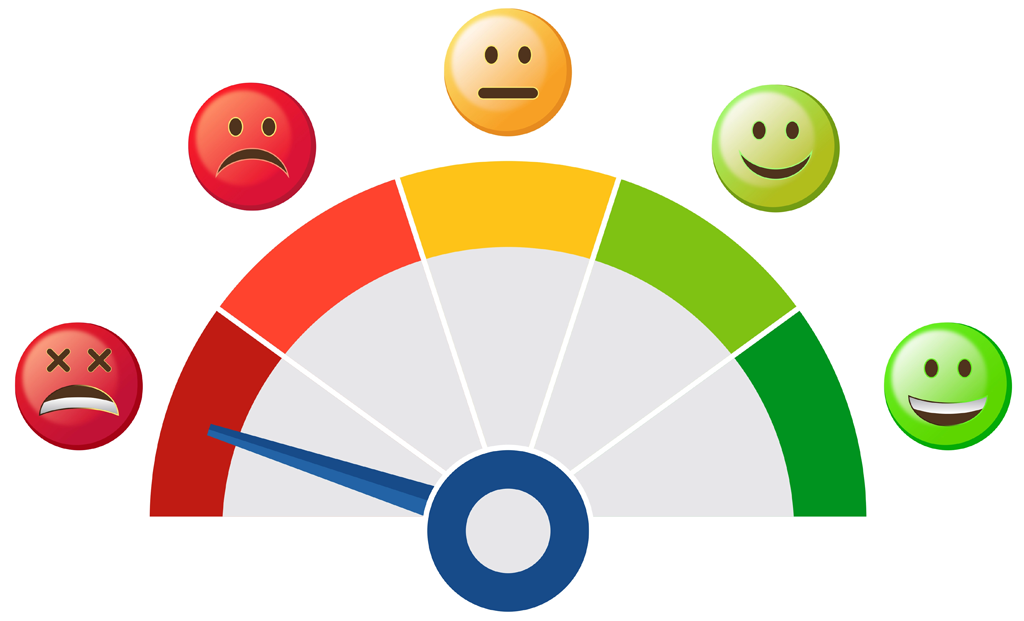
💬 Actually Talk to People
Social media isn't a broadcasting station - it's supposed to be social. When someone comments on your post, reply to them.
When they ask a question, answer it. When they share something relevant, engage with it.
Respond personally to every comment and message. Nothing groundbreaking - just genuine conversations about your work, your industry, whatever people want to chat about.
You'll be surprised at how much of a difference this makes. People remember businesses that actually talk to them, not at them.
👀 Keep Your Ear to the Ground
Set up a Google Alert for your business name. It takes just two minutes and lets you know when someone mentions you online. You can't fix problems you don't know about.
Check your reviews regularly, too. Not obsessively - maybe once a week. But staying on top of what people are saying means you can respond quickly and show you're paying attention.
🔥 When Things Go Wrong
Bad reviews happen. Angry customers happen. Sometimes it's your fault, sometimes it isn't, but either way, how you handle it matters more than the original complaint.
I've seen business owners get defensive and respond emotionally to negative reviews, which unfortunately tends to make the situation worse.
A heated response often gets more attention than the original complaint and can put potential customers off.
Just take a deep breath, be professional, and remember that everyone else can see how you respond.
A calm, helpful response to criticism often impresses potential customers more than a dozen glowing reviews.

🎯 Keep It Consistent
Your reputation isn't built on one perfect day - it's built on being consistently decent over time. That means regular posts, prompt responses, and reliable service.
I know it sounds boring, but boring works.
The businesses with the strongest reputations aren't the flashiest ones - they're the ones that show up every day and do what they say they'll do.
📈 Use What You've Built
Once you've got some good reviews and a decent online presence, don't hide it under a bushel.
Put testimonials on your website. Share positive feedback on social media. Include review scores in your email signature.
People prefer to work with businesses that others recommend. If you've earned that recommendation, make sure potential customers can see it.
The Reality Check
Building a solid online reputation takes time. There's no magic bullet, no secret hack that'll transform your online presence overnight.
But here's what I've learned: businesses that focus on being genuinely helpful, responsive, and professional online tend to do well offline too.
Your online reputation isn't separate from your business - it's just another way people experience your business.
Make that experience a good one, and everything else tends to fall into place.
Start small, be consistent, and remember that behind every click, comment, and review is a real person. T
reat them well, and they'll usually return the favour.
I hope the above article was of interest and you found it useful.
If you need our help, then please arrange a call with me.
